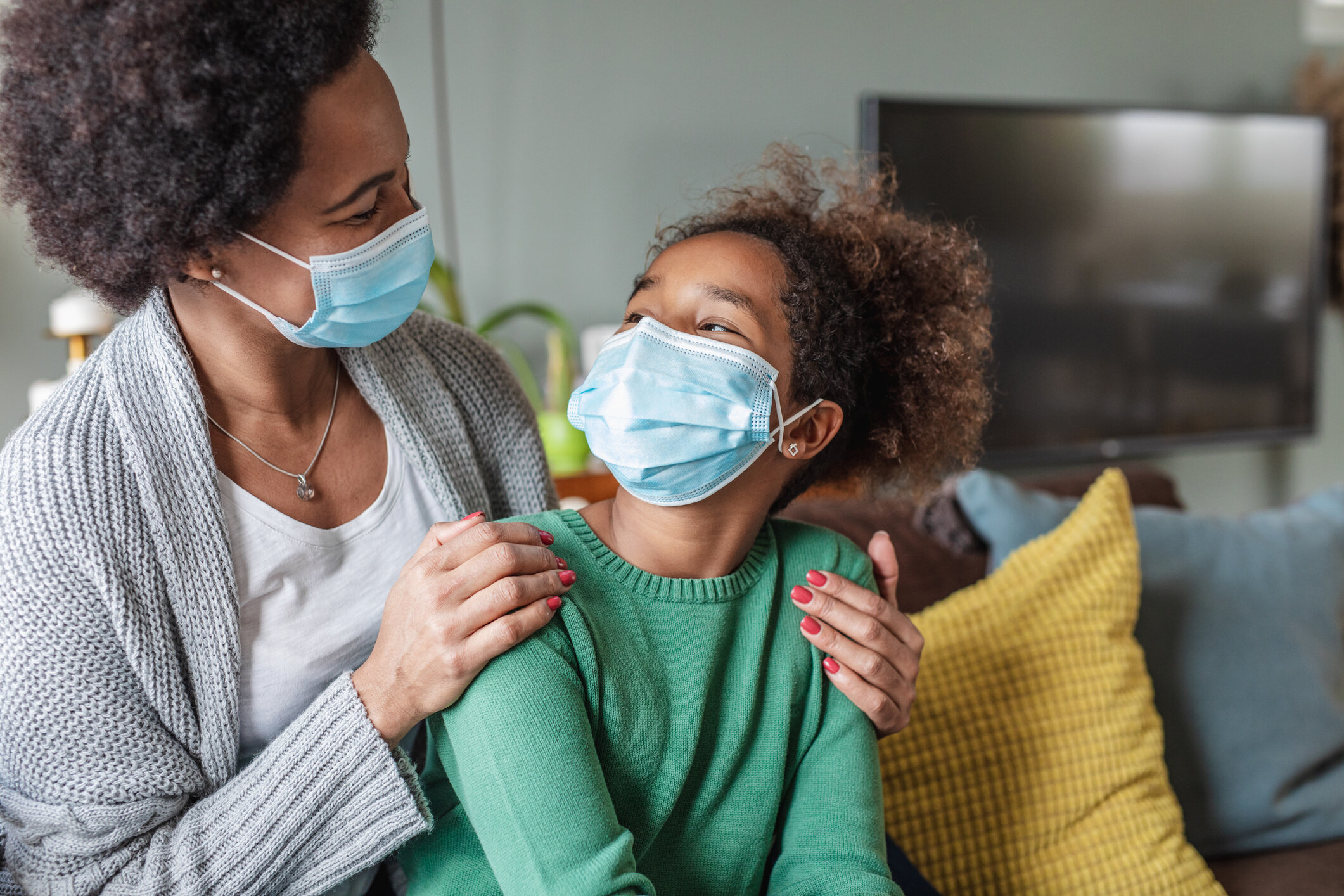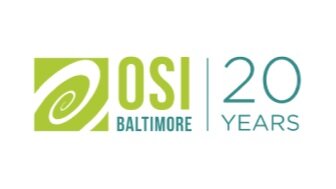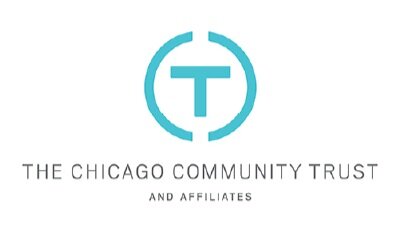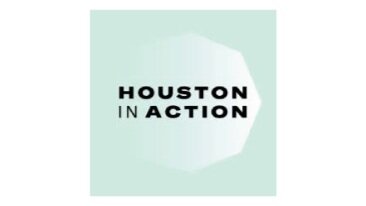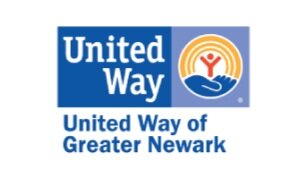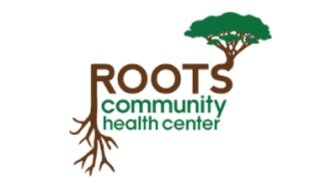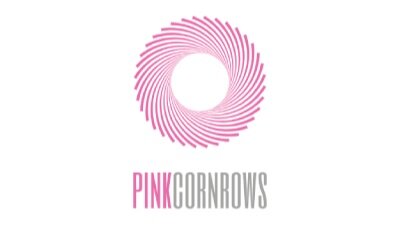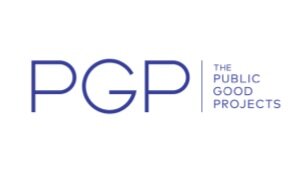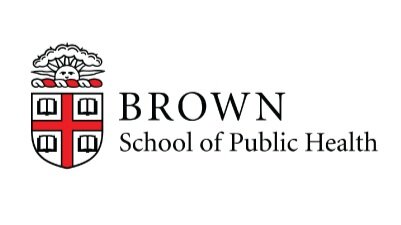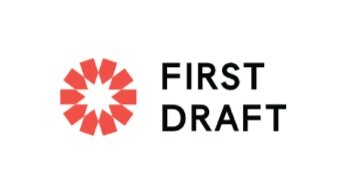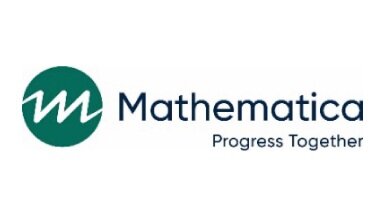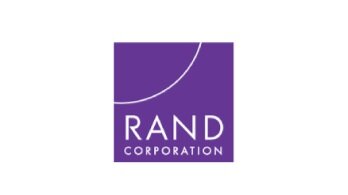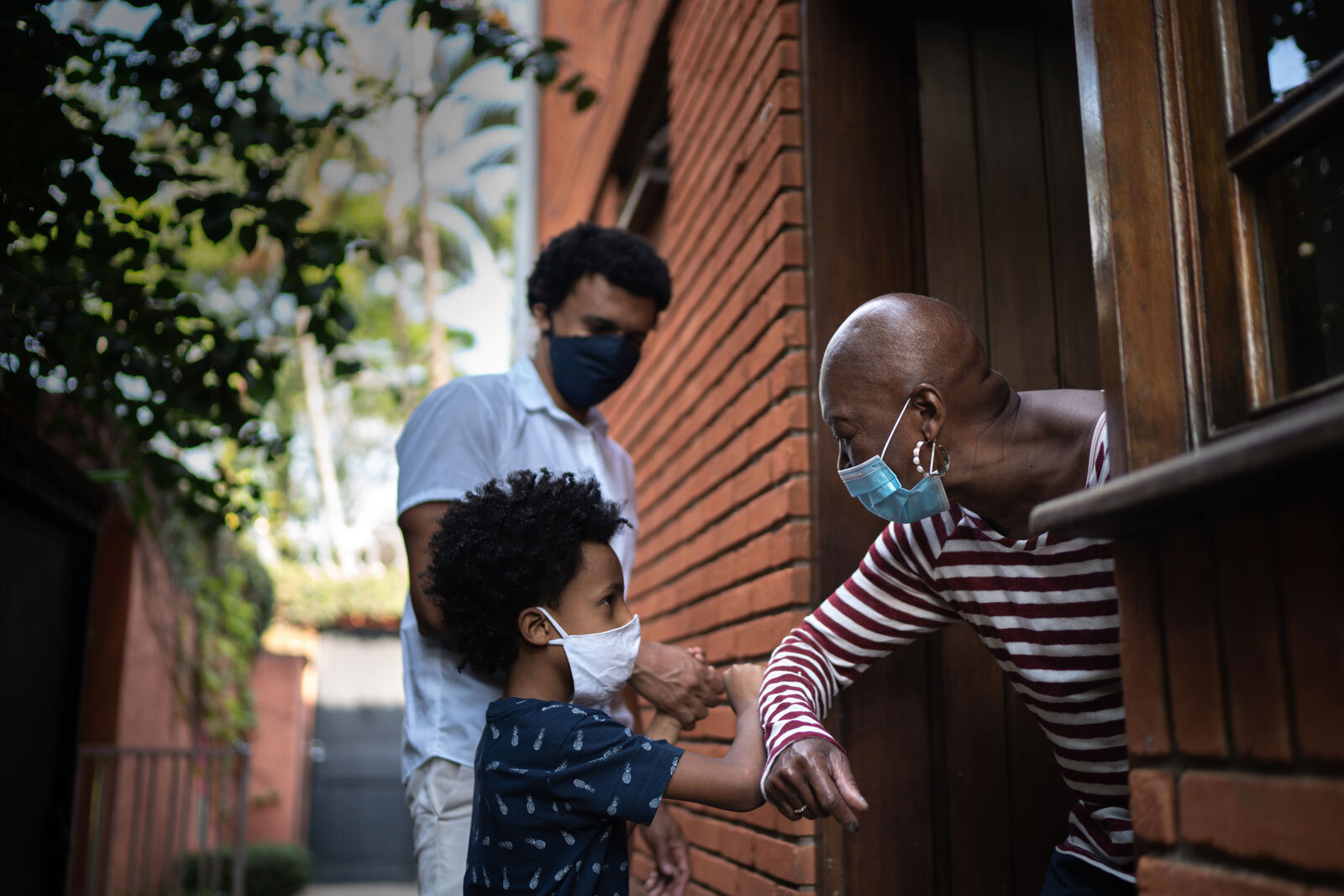
Achieving Vaccination Equity through Communities
Equity-First Vaccination Initiative Learning Partners’ Hub
We know that the ones closest to the problems are also closest to the solutions. But unfortunately, the common practice of outsiders parachuting into communities without partnering, listening and following those on the ground has become the normal intervention strategy.
We’re not doing that.
The Equity-First Vaccination Initiative Partner Hub is a platform to support the life-saving work of already trusted community leaders with the space needed to build strategies, measure success and engage collaboratively as we strive to achieve one mission: ensuring our families, neighbors and communities have access to and confidence in Covid-19 vaccinations.
The Equity-First Vaccination Initiative Partner Hub is designed to help community partners:
Track and share vaccination learnings, best practices and progress
Access communications and messaging support
Discuss, communicate and collaborate with partners
Register for team convenings, trainings and events
Download reports, guides and resources
About The Rockefeller Foundation’s Equity-First Approach
Both the impact of Covid-19 and the initial vaccine distribution proved how deeply rooted the systemic inequities are within our healthcare system, especially for Black, brown, indigenous and immigrant communities.
The Rockefeller Foundation has invested $20 million towards the launch of the Equity-First Vaccination Initiative to work alongside leaders in five major U.S. cities (Baltimore, MD; Chicago, IL; Houston, TX; Newark, NJ; and Oakland, CA) who understand their communities best and are aligned on achieving health equity for Black, brown, immigrant, and low-earning communities. The initiative includes technical, research and communications partners, all dedicated to responding to the needs of those on the frontline--as well as providing insights that will accelerate vaccination efforts in an equitable way.
Most funded intervention strategies are invested in what they get from their investments. The Equity-First Vaccination Initiative Learning Hub prioritizes what we create from our relationships. Each partner comes to the hub as experts, and each engagement provides an opportunity to learn more about what is working on the ground to increase access and confidence. The hub also invites community leaders to help drive and inform research and communications in ways that are helpful to them. We are testing the assumption that circular, non-transactional approaches to health equity, built on relationships and mutual respect, is a crucial component of reducing disparities within communities of color.
Together, we are scaling hyper-local, community-driven strategies to improve vaccine access, information and investments in the hopes of learning even more about how to deepen equity across the country.
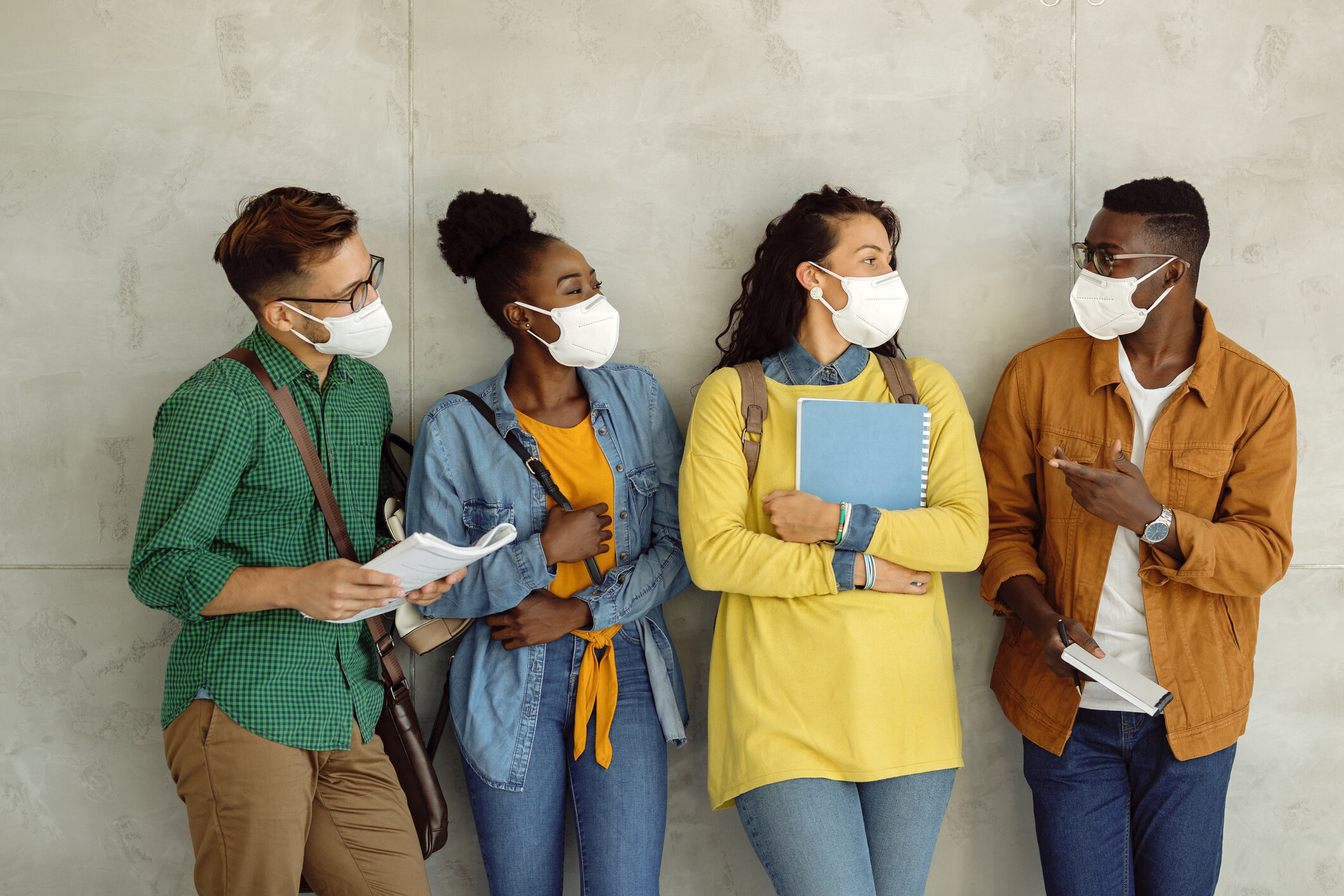
Respond. Support. Collaborate:
How Our Community Works Together
Each partner contributes to our overall understanding of how we better achieve vaccine access on the ground. Here are the specific ways this community is designed to ensure circular communication and problem-solving opportunities:
Community Based Organizations (CBOs)
All of our efforts revolve around our CBO partners, who provide insights about delivery, access and communication, help develop culturally-relevant messaging and identify gaps and needs which the hub needs to address.
View all CBO partners here.
Anchor Partners (APs)
Anchor Partners support the coordination of CBOs within the cities of Baltimore, MD; Chicago, IL; Houston, TX; Newark, NJ; and Oakland, CA and provide an extra layer of insight as to the developments on the ground. APs help ensure CBOs have what they need to be successful, including support communicating various data needs to support assessments of how our collective efforts are actually being received on the ground.
Equity Learning Community Manager
Pink Cornrows (PC) serves as a connector to all partners, providing an equity lens across all aspects of this work and creating space for information sharing and cross-site collaboration. PC is available daily to provide technical assistance, coordinates and participates in most partner calls, and serves as one of the leads to ensure the needs of the community are elevated and addressed. Pink Cornrows maintains the overall maintenance of the partner hub communication tools.
Communication Partners (MegaComms)
The MegaComms team is primarily focused on four major things:
Hearing and learning directly from CBOs what messaging is working on the ground;
Fighting against disinformation and misinformation that may pose a threat to our communities receiving life-saving information and data;
Providing training and support to CBOs and their comms team as they create messaging strategies and messaging that connect more people to vital information;
Sharing learnings, tips and best practices to all partners on a weekly basis.
Insights & Research Partners (Insights)
The Insights team is part of the EVI community to:
Learn from and with partners about barriers to vaccination communities are facing, and community-led approaches to overcoming such barriers.
Capture and share learnings and promising practices across sites, and support the growing EVI community of practice.
Provide support for project data reporting, and any other research, evaluation or data needs CBOs may want to access.
Help draw out and provide evidence on why vaccinations need to be nested in the larger efforts by CBOs to improve the social determinants of health in EVI communities.
Advocate with policymakers and others in positions of power to influence systemic changes needed to create long-term access to health and wellness for communities of color.
HEARING FROM OUR COMMUNITIES: PULSE SURVEY UPDATES
Overview
As part of The Rockefeller Foundation’s Equity-First Vaccination Initiative, the Foundation’s partners in Baltimore, Chicago, Houston, Newark, and Oakland are collecting and analyzing survey data about COVID-19 vaccination with support from Mathematica. The black, indigenous, and people of color (BIPOC) communities’ monthly vaccination pulse survey serves to support the Equity First Vaccination Initiative by providing up-to-date evidence about community members’ knowledge, attitudes, and behaviors related to Covid-19 vaccination, as well as potential motivators for vaccination and barriers to access. This evidence can then be used to inform the Foundation and its partners’ strategies on how to encourage vaccine uptake and will allow community-based organizations (CBOs) in these jurisdictions to adapt their work to the specific and changing needs of their communities.
Highlights
NOVEMBER – DECEMBER 2021 DATA
Trends in barriers, motivators, and attitudes towards vaccination over time: Between July 2021 through December 2021:
The top barrier reported by unvaccinated respondents across all cities was being worried about getting sick or experiencing side effects from the vaccine (51-64% of respondents in each city in November and December).
The top potential motivator for unvaccinated respondents across all cities was wanting more time to wait and see whether the vaccine works (37-51% of respondents in each city in November and December).
Few unvaccinated respondents report thinking the vaccine is safe or effective (14-29% of respondents in each city in November and December).
Booster Shots: Among survey respondents that had received a Covid-19 vaccine already, many said they intended to get a booster shot or have gotten one already (39-72% of respondents in each city), but many were also undecided about getting a booster shot (22-50%).
Child Vaccinations: Many respondents (both vaccinated and unvaccinated) who are parents of children under 18 years old reported wanting more time to wait and see before getting their unvaccinated children their first Covid-19 vaccine, and were concerned about potential side effects of the vaccine for their children. The majority of vaccinated parents reported believing the vaccine is safe and effective in children, and that the vaccine will help to protect the health of their family and community. Very few unvaccinated parents reported having these beliefs.
SEPTEMBER – OCTOBER 2021 DATA
Barriers: As in July and August, the top barrier reported by unvaccinated respondents across all cities in September and October was being worried about getting sick or experiencing side effects from the vaccine (43-66% of respondents in each city). The second most common concern reported was being worried about having to miss work in order to get the vaccine (12-23%).
Motivators: The top potential motivator for unvaccinated respondents across all cities was wanting more time to wait and see whether the vaccine works (30-53% of respondents in each city). More time to “wait and see” was also the top motivator in July/August. Only a small share of respondents said that a vaccine requirement for work or for other activities would potentially motivate them to get the vaccine (2-19%).
Attitudes and Beliefs: Unvaccinated survey respondents in all cities reported being concerned that there was not enough information on how the vaccine might interact with other health conditions (55-71% of respondents in each city) and concerned that the vaccine was developed too quickly compared with other vaccines (54-72%). These were also among the top concerns reported by unvaccinated respondents in July and August. Less than one third of unvaccinated respondents reported thinking that the vaccine was safe or effective (6-29%).
Booster Shots: Among survey respondents that had received a Covid-19 vaccine already, many said they intended to get a booster shot or have gotten one already (38-64% of respondents in each city), but many were also undecided about getting a booster shot (30-48%).
SEPTEMBER 2021 DATA: SPOTLIGHT ON HOUSTON AND NEWARK
Motivators:
About half of the unvaccinated respondents in Newark and 41% in Houston reported that more time to wait and see if the vaccine works was a potential motivator for getting the Covid-19 vaccine.
Other respondents reported wanting more research on side effects, or being concerned that the vaccine wouldn’t work for them. Some respondents also reported that nothing would motivate them to take the vaccine.
Trusted Messengers:
Among the unvaccinated respondents, there were no messengers that the majority of unvaccinated respondents trusted to provide them with information about the Covid-19 vaccine. However, about one quarter of unvaccinated respondents in Newark and 44% in Houston reported that they trusted their doctor/health care provider a great deal.
In contrast, over 60% of vaccinated respondents in both cities had a great deal of trust in doctors, and in Houston 63% of vaccinated respondent also reported trusting scientists.
JULY - AUGUST 2021 DATA
Barriers: More than half of the unvaccinated survey respondents reported being worried about getting sick or experiencing side effects from the vaccine.
Motivators: A large portion of unvaccinated survey respondents reported wanting more time to see whether the vaccine works.
Attitudes and Beliefs: Unvaccinated survey respondents in all cities reported being concerned that the vaccine was developed too quickly compared with other vaccines. In Chicago, Newark, and Oakland, unvaccinated respondents were highly concerned that there was not enough information on how the vaccine might interact with other health conditions.
See below for more detail and city-specific results:
